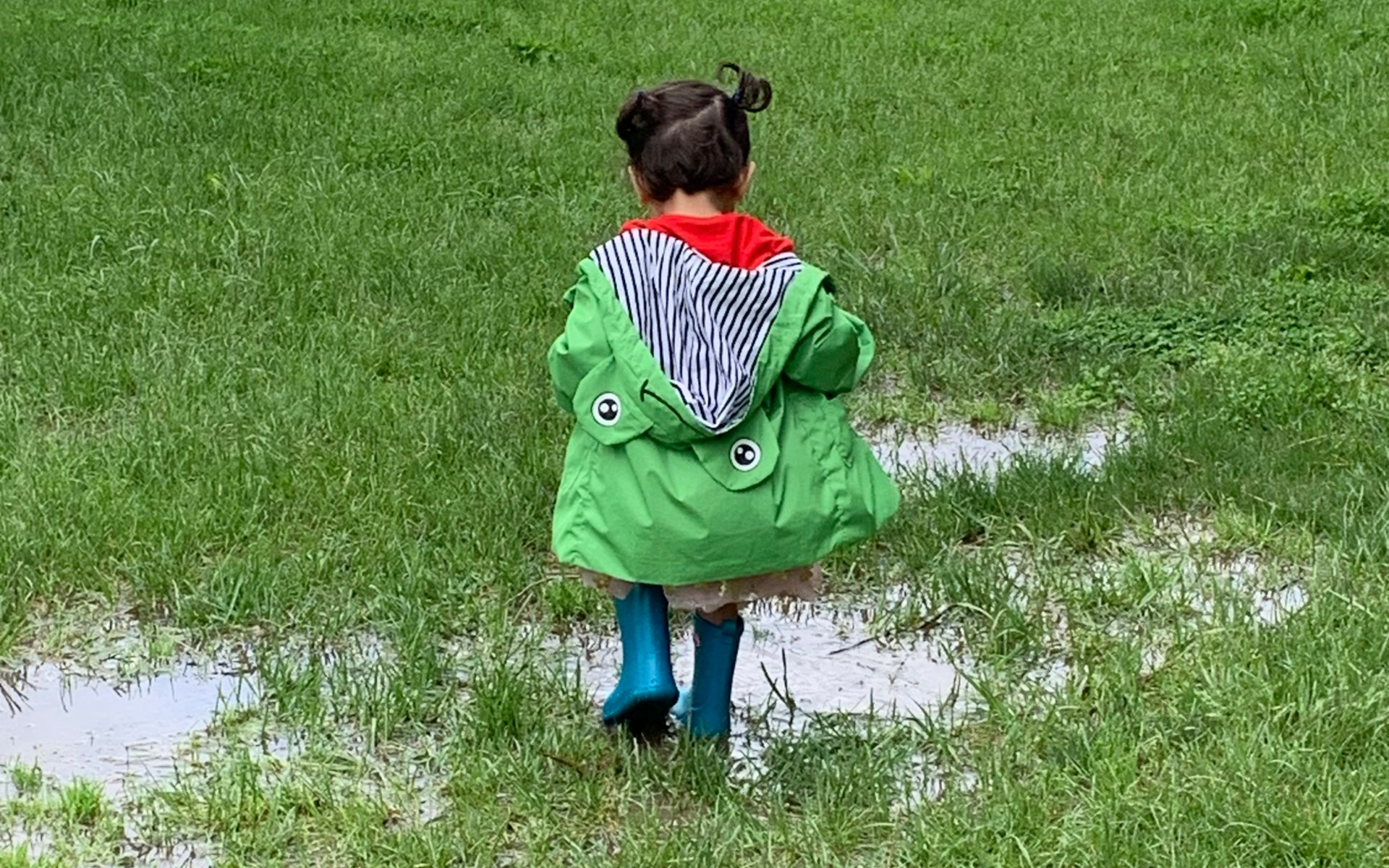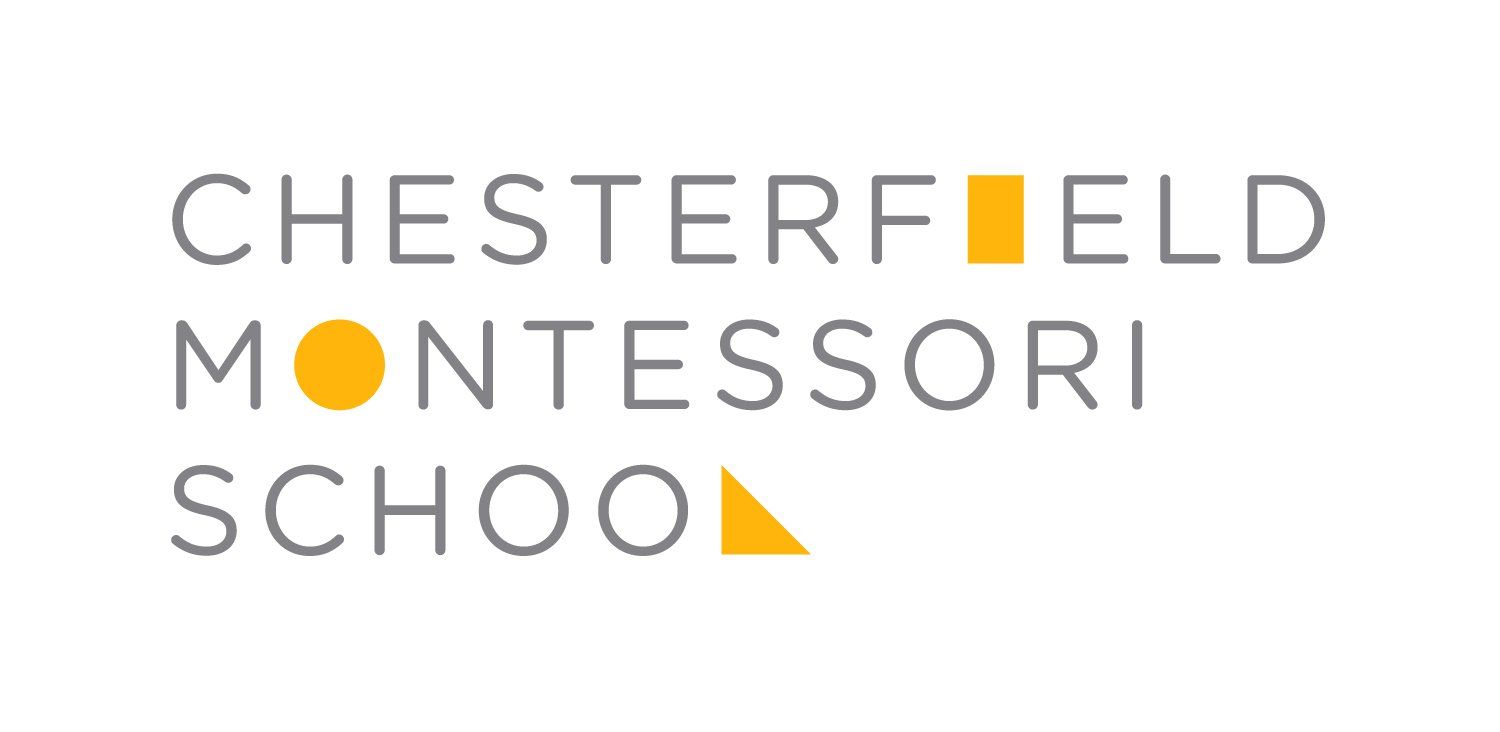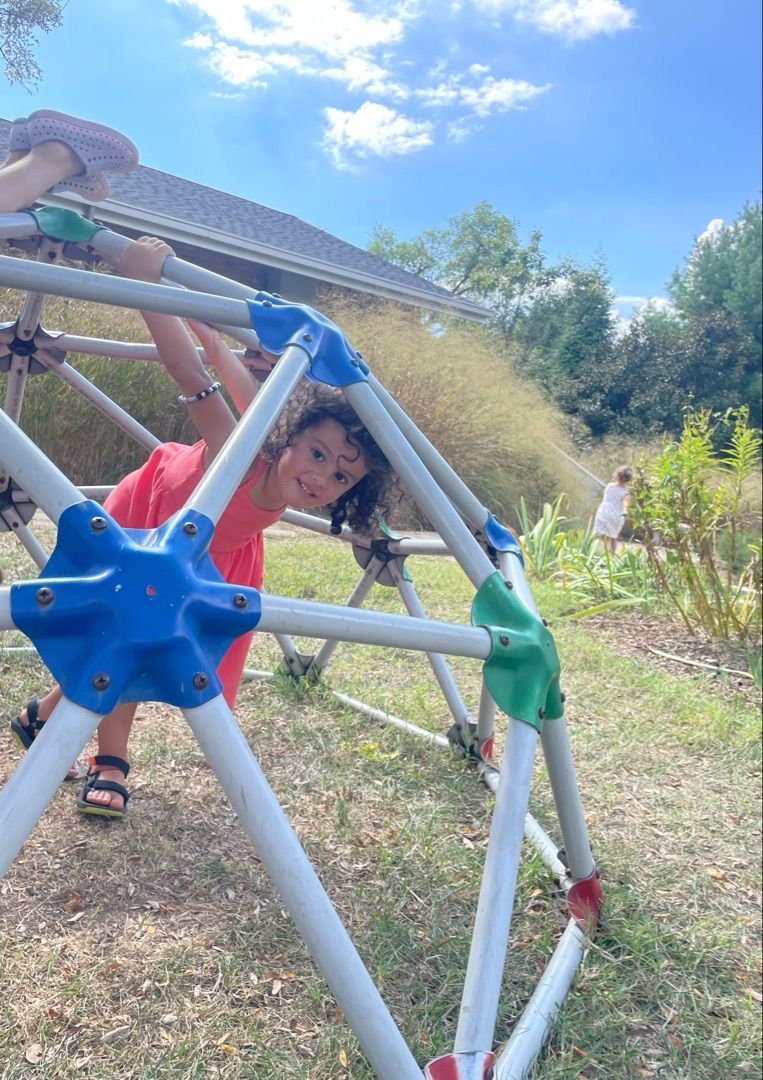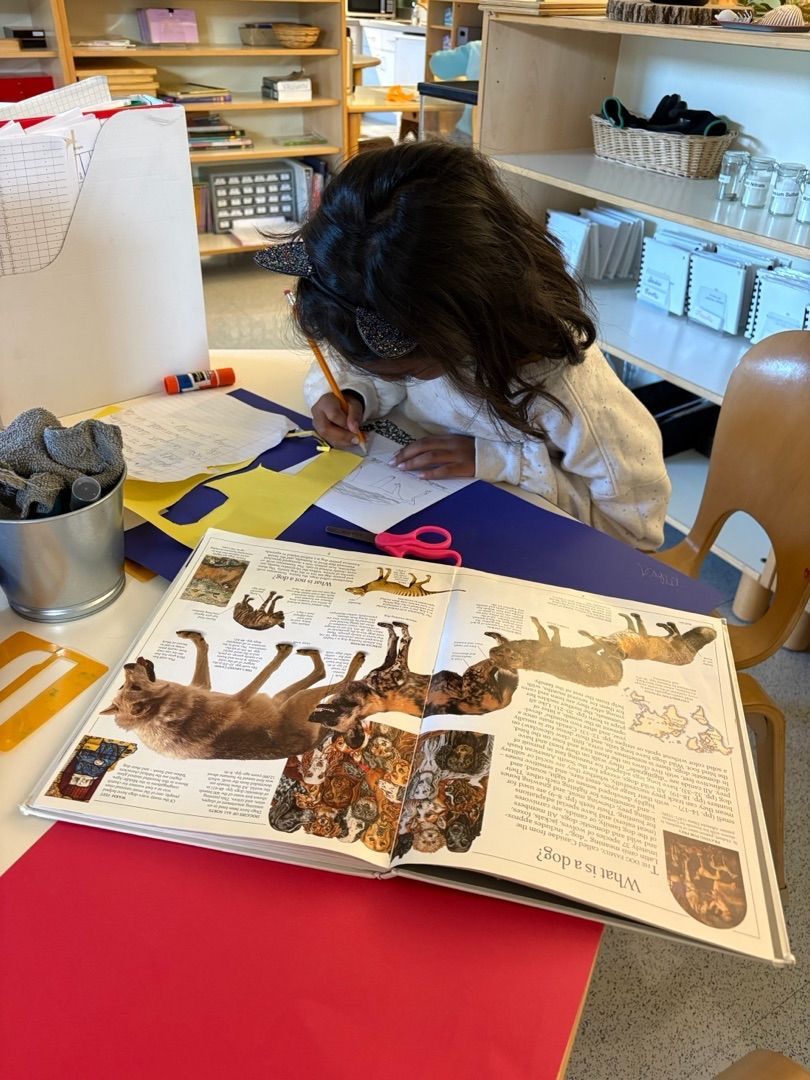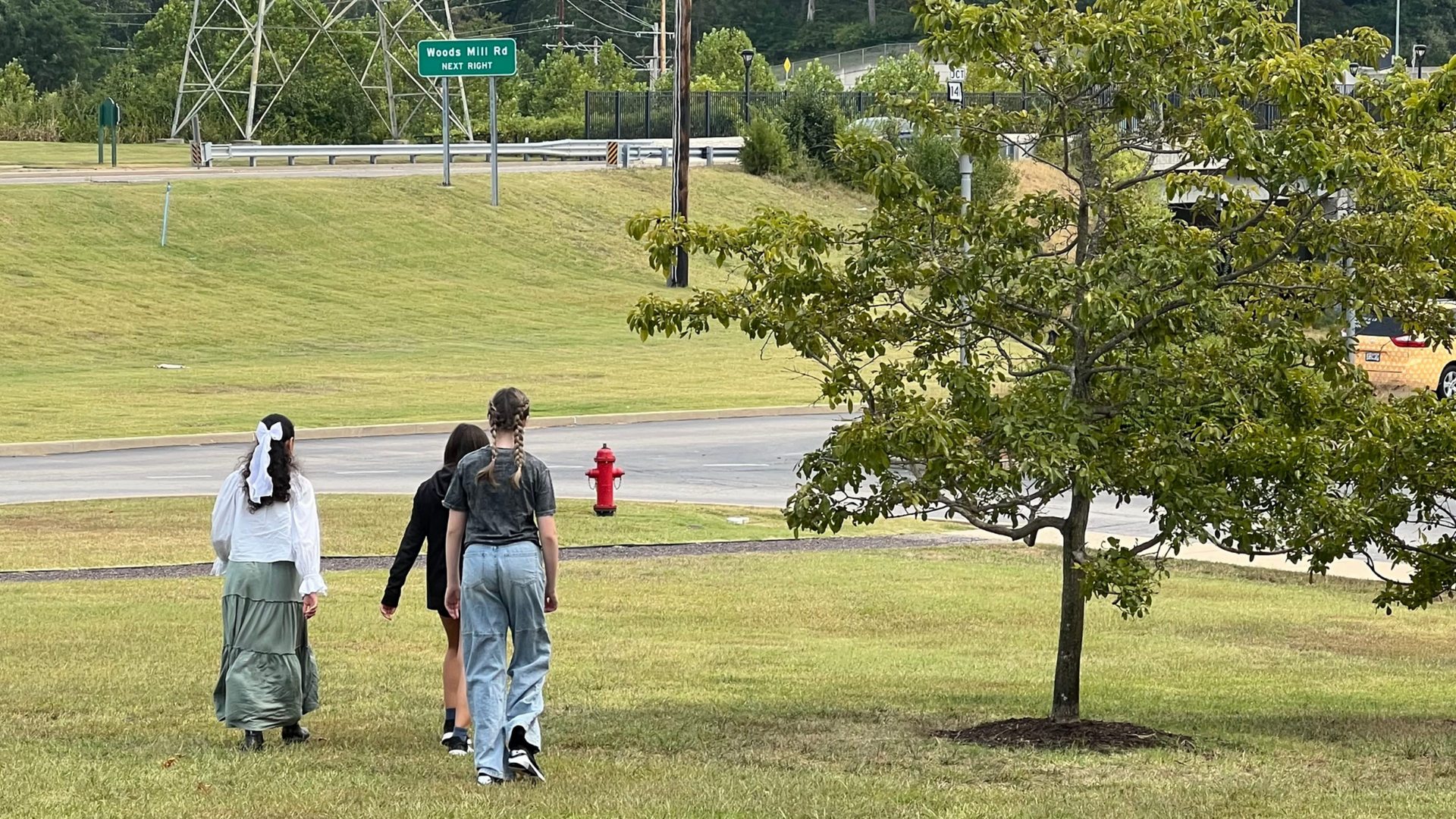Jonathan Haidt’s key thesis in his book The Anxious Generation: How the Great Rewiring of Childhood Is Causing an Epidemic of Mental Illness boils down to the idea that children are overprotected in the real world and under-protected online. He makes the case that over the course of just a few years, childhood was rewired from play-based to phone-based experiences.
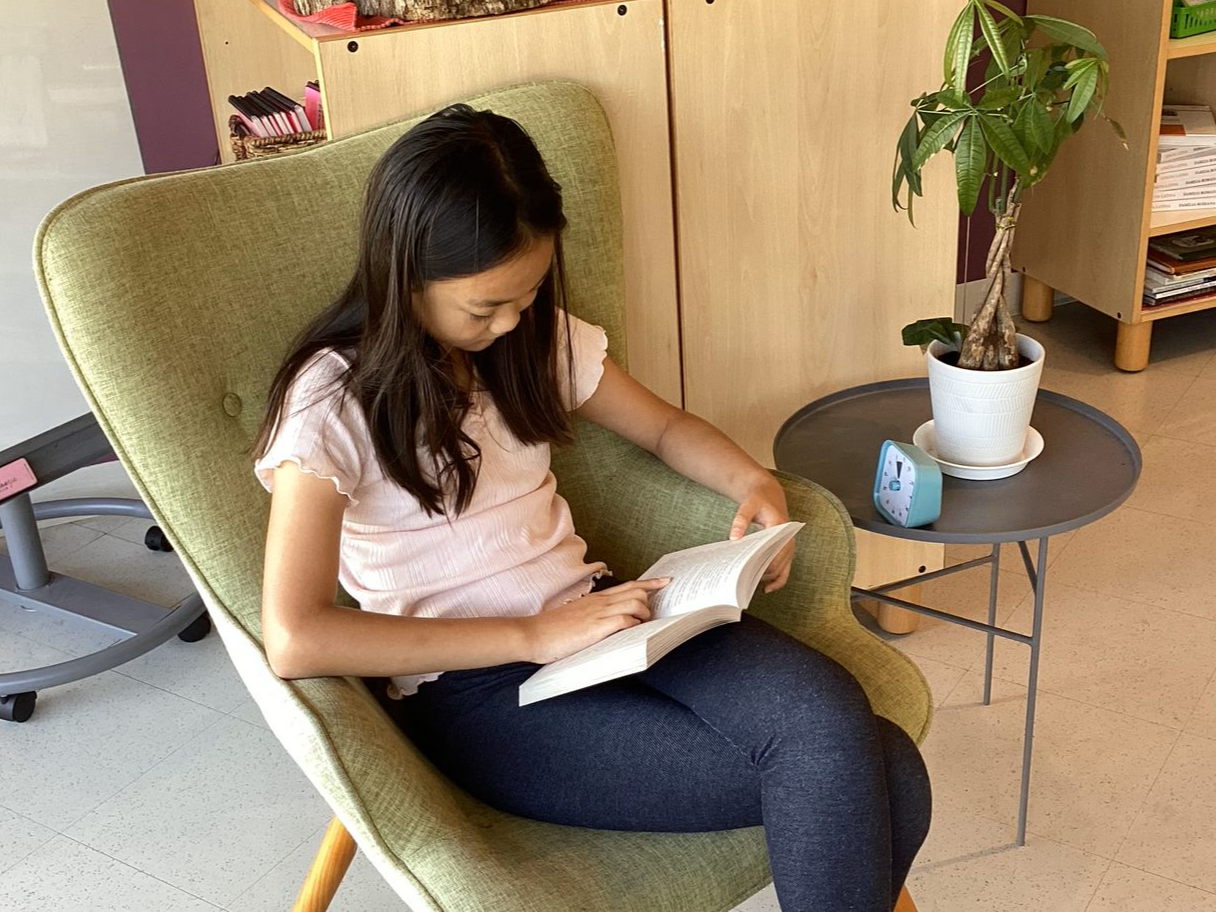
After more than a decade, we’ve seen rates of depression, anxiety, self-harm and suicide rising sharply, some metrics rising by more than double since 2012. This surge was concentrated almost entirely among adolescents and young adults. Why?
Haidt, social psychologist at Stern School of Business (NYU), explains that the problem isn’t only Gen Z using smartphones. He writes, “I use ‘phone-based’ broadly to include all of the internet-connected personal electronics that came to fill young peoples’ time, including laptop computers, tablets, internet-connected video game consoles, and most important, smartphones with millions of apps” (7).
The data shows that society’s movement from “play-based childhood” to “phone-based childhood” causes unprecedented harm to children through social deprivation, sleep deprivation and attention fragmentation.
Haidt recommends several norms for schools to combat the negative trend in mental health:
- Phone-free school—children should not be given access to phones or other smart devices during the school day.
- Unstructured recess with minimal adult supervision.
- Ample time outdoors and tangible experiences in the real world.
- Promoting independence by encouraging children to explore on their own.
At Chesterfield Montessori School, we are not at all surprised by Haidt’s findings or recommendations, which is why we have ALL of these recommendations are implemented at our school.
Beyond the limit of smart phones and smart watches, we prioritize limited use of all screens and computers where developmentally appropriate. Classrooms are entirely screen-free through third grade. CMS students are not interfacing with screens until Upper Elementary, when they have minimal, approved screen use for research (after consulting books) and learning coding. Computer use for research and writing papers in the Adolescent Program is balanced with socratic-style seminars, collaborative projects, hands on work, movement and outdoor time.
While most schools are providing children with chrome books or iPads as young as kindergarten and regularly using screens for teaching, reading and daily tasks, our students are working with their hands, writing, reading, creating, exploring—and looking into other human eyes!
Dr. Montessori learned through decades of scientific observation how children learn and realize their unique potential. Functional MRIs confirm many of Dr. Montessori’s assumptions about how the brain works.
At CMS, we continue to approach child development scientifically and ensure that our materials and practices are evidence based. The peace, confidence and joy evident in our classrooms are not an accident. They are the result of our commitment to embodying Montessori in Every Moment℠, for the sake of our children, and our world.
